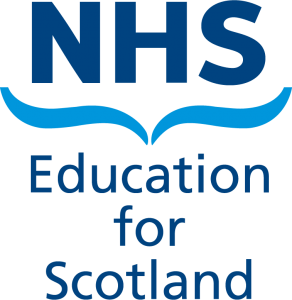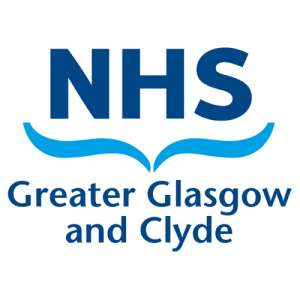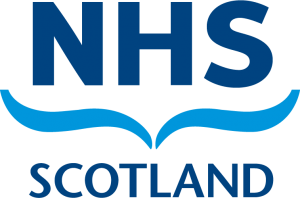Live in 8 Weeks
It took just 8 weeks to clinically model, prototype, validate, build, test, pilot and integrate a production COVID-19 assessment tool into clinical practice in Scotland. This would not have been possible without the openness and hard work of teams and individuals across Scotland.

10th MarchClear Need
In early March 2020 it became clear that COVID-19 was to pose a real challenge to the health service in Scotland. Clinicians from Emquire, a Glasgow based research group, quickly realised that digitising the clinical assessments of COVID-19 patients would have huge benefits across the health service.

Mapping clinical practice
Dr David Lowe – Consultant in Emergency Medicine
11th MarchBuilding Collaboration
It became apparent very early on that COVID-19 presented severe challenges for just about every health service provider. Paramedics, GPs, pharmacists, emergency departments and hospitals were all looking for support. The Digital Health Institute were instrumental in working with these organisations to understand the need and build the right collaborators to tackle it.

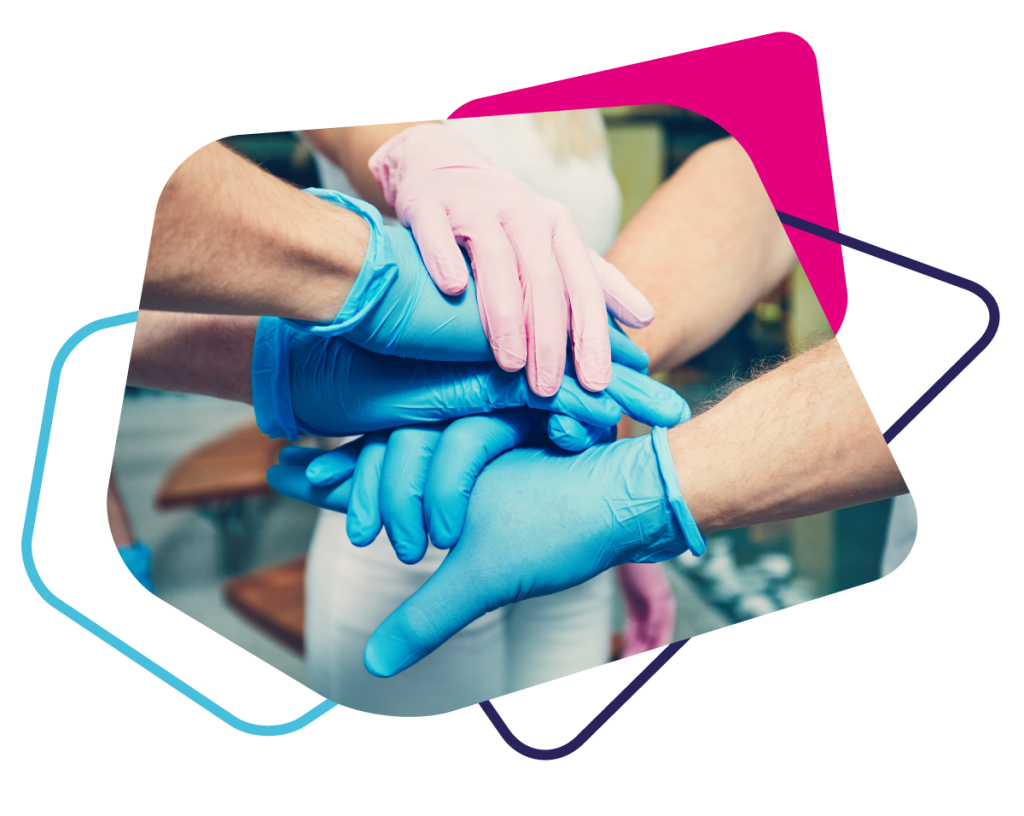
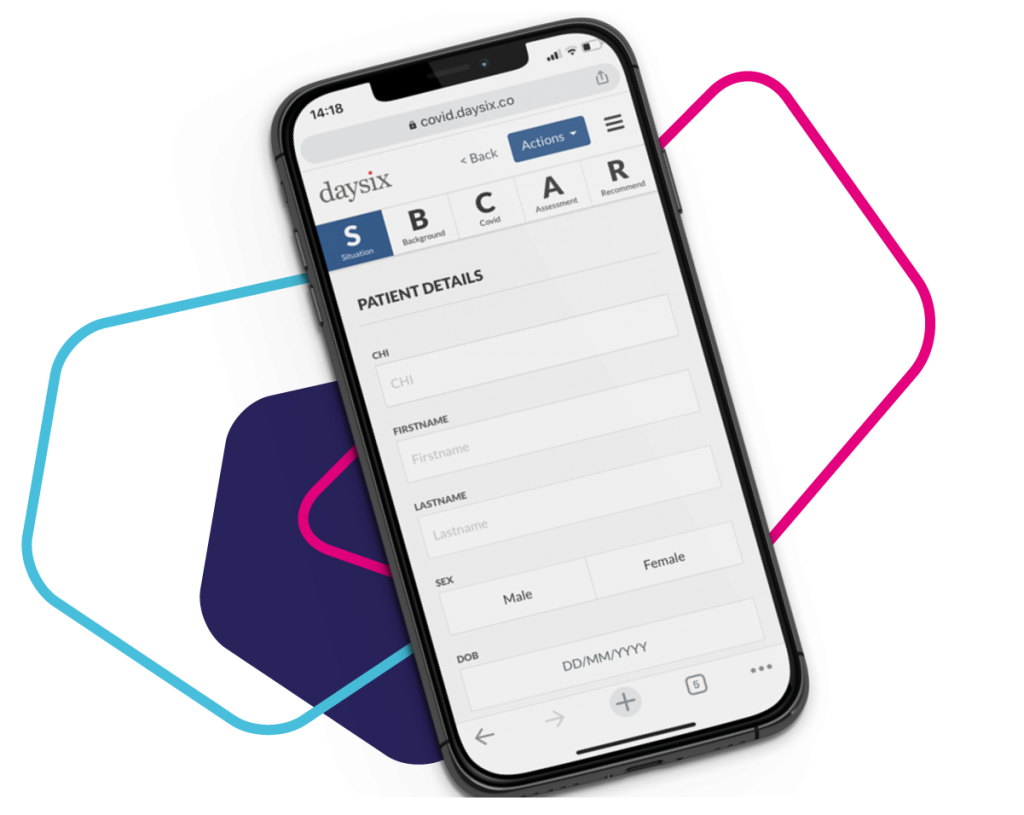
12th MarchRapid Prototyping
Clinicians proposed creating an SBAR style assessment based on COVID-19 guidance supplied by the World Health Organisation. In order to validate the proposed clinical models, interactive wireframes were built by Daysix, allowing clinicians to rapidly prototype, test and refine their designs.

Learning from wireframes
Ben Beaumont
20th MarchApp build
Upon hearing on the project, NES Digital immediately offered their support and a full software development team of designers, developers, testers and project co-ordinators. By repurposing a previous clinical system, they were able to spin up an application with all the security and governance required to store sensitive patient data in a matter of days. Over the coming weeks the team would develop multiple versions to suit the needs of paramedics, COVID-19 assessments centres and hospitals.
The tooling that helps NES deliver
David McColl – Associate Director NES Digital

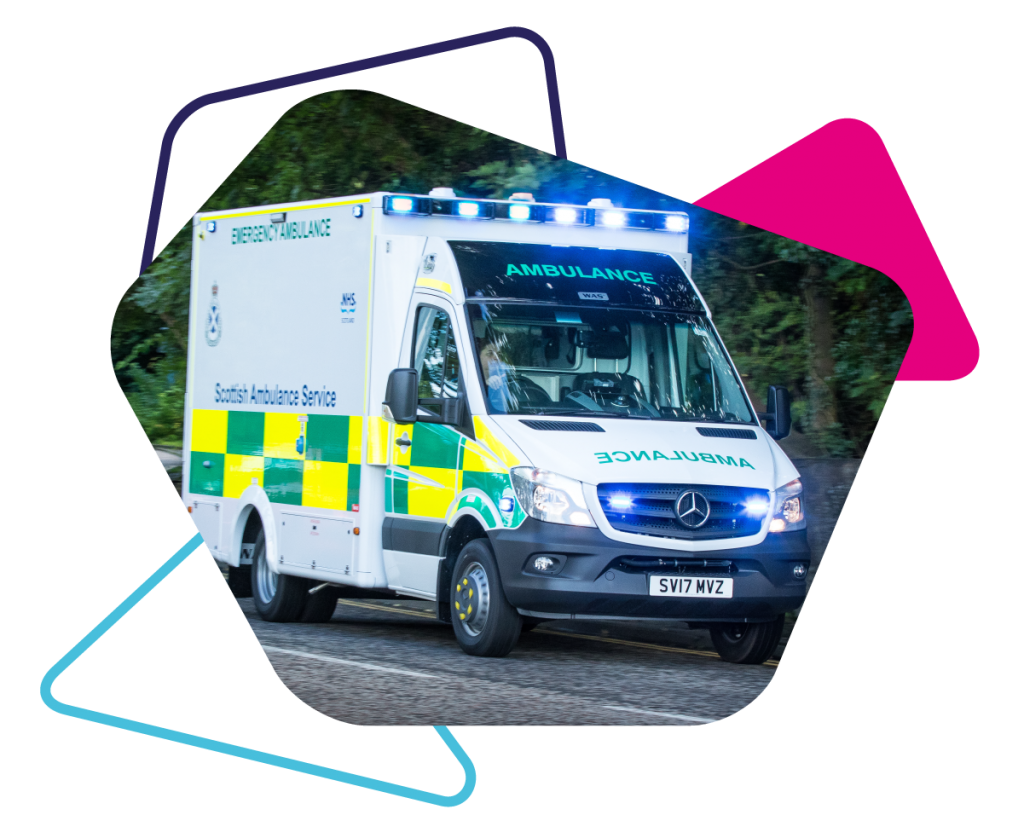
15th AprilPilot SAS
Paramedics face unprecedented challenges in identifying and appropriately managing patients with Covid 19 (C-19). Little is known about C-19 patients or how the decisions the paramedics make affect their outcomes. As a team, we initially developed a mobile phone application designed to improve decision making and provide top cover for paramedics via a ticketing system. We performed a test of change within Shotts station to identify how SAS may use the tool during C-19 and beyond for top cover. The tool has subsequently been repurposed to support the care sector. The DHI are leading an evaluation of the C-19 platform building on the work from SAS.
27th AprilRollout
The focus of rollout was the QEUH in Glasgow following development of the app for the Community Assessment centres. Clinical staff in the Emergency Department were trained on use of the app using video guide, daily drop-in sessions and a short training manual. Key to success was early mapping of existing clinical workflow and the ability to use the app within existing desktop machines and also from iPads. Emquire clinical fellows worked on the wireframes and inputted into design, embedding and ensuring wider clinical engagement.
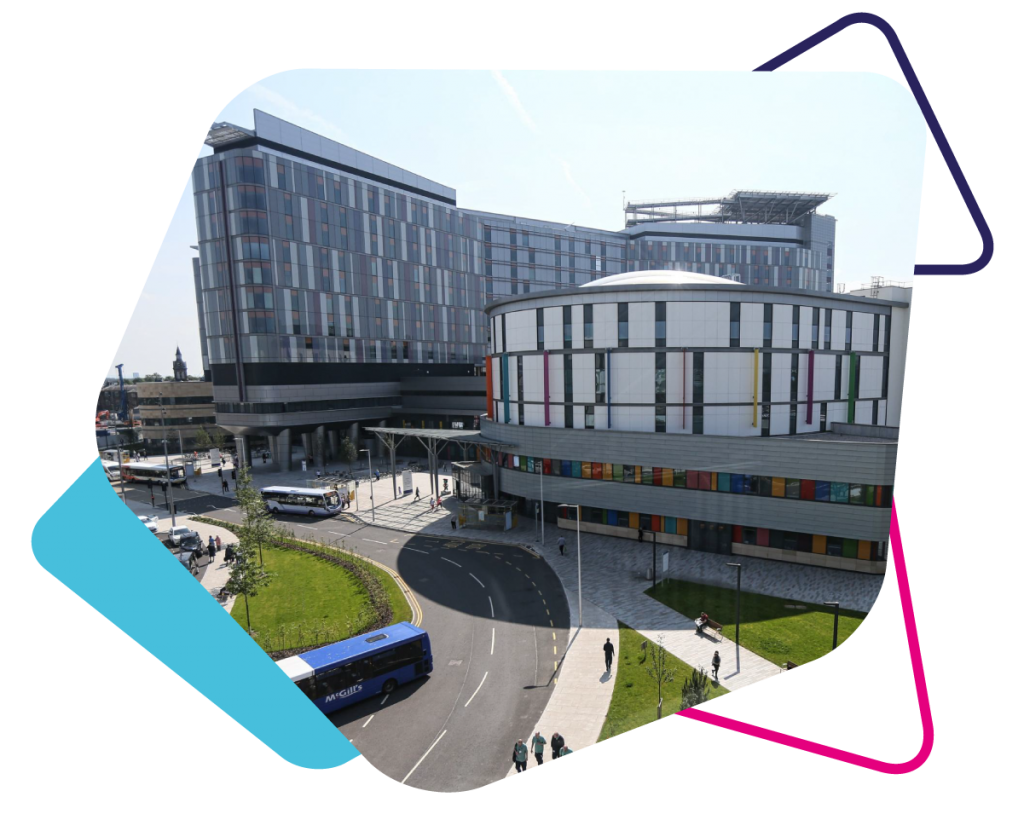

18th MayExpansion
Glasgow Royal and Royal Alexandria are the initial sites for expansion following the app being established in the ED and ward rounds. This will enable board-wide data to be gathered on C-19 presentations and give greater insight into disease progression. DHI and NES are supporting expansion beyond NHS GGC. The platform can be implemented either with full integration into TRAK and Portal or used in isolation in either assessment centres, Emergency Departments or daily ward rounds.
OngoingResearch
The C-19 Platform is supporting data collection for a number of research projects by the University of Glasgow and NHS GGC. This includes:
- CISCO – cardiac imaging
- ASTERIX – clinical phenotyping
- CARP – respiratory physiology
- iCAIRD – AI decision support
- COLLECT – post COVID outcomes
Each of these studies seeks to answer key questions as clinicians and researchers seek to improve clinical care and identify new treatment options.

